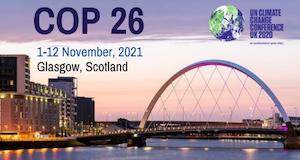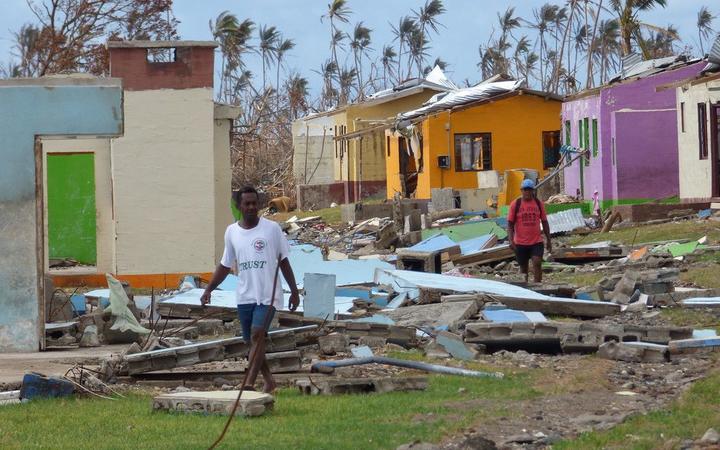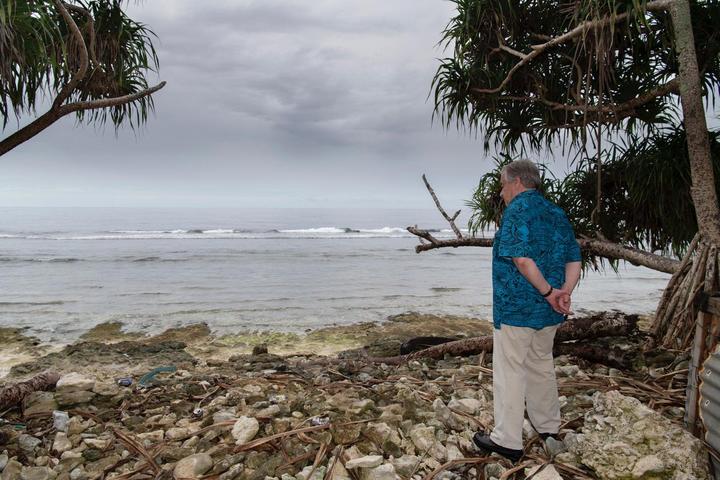COMMENTARY: By the Cook Islands Prime Minister Mark Brown
After years of empty promises by major emitters, it’s time to deliver on climate financing.
The world is warming. The science is clear. Most large, developed countries need to take ambitious action to reduce their emissions in order not to impact us further.
If they don’t, there is dire consequence, and in turn a significant rise in adaptation cost to us, those that did not cause this problem.

Some people call it paradise, but for me and thousands of Pacific people, the beautiful pristine Pacific Island region is simply home. It is our inheritance, a blessing from our forebears and ancestors.
As custodians of these islands, we have a moral duty to protect it – for today and the unborn generations of our Pacific anau.
Sadly, we are unable to do that because of things beyond our control. The grim reality of climate change, especially for many Small Island Developing States like my beloved Cook Islands, is evidently clear.
Sea level rise is alarming. Our food security is at risk, and our way of life that we have known for generations is slowly disappearing. What were “once in a lifetime” extreme events like category 5 cyclones, marine heatwaves and the like are becoming more severe.
No longer theory
These developments are no longer theory. Despite our negligible contribution to global emissions, this is the price we pay.
We are talking about homes, lands and precious lives; many are being displaced as we speak. I am reminded about my Pacific brothers and sisters living on remote atolls including some of those in our 15 islands that make up the Cook Islands — as well as our Pacific neighbours such as Kiribati, Tuvalu, Tokelau and many others, not just in the Pacific Ocean.
This family of small islands states is spread beyond our Pacific to across the globe.
Here in the Cook Islands, we are raising riverbanks to protect homes that for the first time in history are being reached by floodwater. We are building water storage on islands that have never before experienced levels of drought that we see now.
Over the years, the devastating impact of climate change has evolved from a mere threat to a crisis of epic proportion, now posing as the most pressing security issue to livelihoods on our island shores.
We live with undeniable evidence to back up the science. Most of you who follow the climate change discourse know our story. We have been saying this for as far as back as I can remember.
For more than 10 years of my political career, our message to the world about climate change has been loud and clear. Climate change is a matter of life and death. We need help. Urgently.
Given only empty promises
Today, I am sad to say that after all the years of highlighting this bitter truth, the discourse hasn’t progressed us far enough. All we have been given are promises and more empty promises from the world’s biggest emitters while our islands and people are heading towards a climate catastrophe where our very existence and future is at stake.
But we will not stop trying. As long as we have the strength and the opportunity to speak our truth to power, we will continue to call for urgent action. In the words of our young Pacific climate activists, “We are not drowning, we are fighting.”

As the political champion of Climate Finance for the Pacific Islands, I believe it is imperative that world leaders fast track large-scale climate finance that are easy to access for bold long-term and permanent adaptation solutions.
It is critical that COP26 begins discussions for a new quantifiable goal on climate finance. We need to do this now. Not tomorrow, next year or the next COP.
Last week when I addressed world leaders attending COP26, I urged them to consider a new global financial instrument that recognises climate-related debt, separately from national debt. We need to provide for innovative financing modalities that do not increase our debt.
We need to take climate adaptation debt off national balance sheets, especially since many Pacific countries are already heavily in debt. Why? Pacific countries contribute the least to global emissions and they should not have to pay a debt on top the consequences they are already struggling with.
Amortising adaptation debt
We need to consider amortising adaptation debt over a 100-year timeframe.
We must seek a new commitment that dedicates financing towards Loss and Damage that would assist our vulnerable communities manage the transfer of risks experienced by the irreversible impacts of climate change. We must also ensure that adaptation receives an equitable amount of financing as for mitigation.
I want to reiterate that adaptation measures by their very nature are long-term investments against climate impacts, thus we need to be talking about adaptation project lifecycles of 20 years, 50 years and 100 years, and more.

We are at a critical juncture of our journey where the fate of our beautiful, pristine homes is a stake. I call on all major emitters to take stronger climate action, especially to deliver on their funding promises.
Stop making excuses; climate change existed way before covid-19 when the promises of billions of dollars in climate financing were made.
It is time to deliver.
Mark Brown, Prime Minister of the Cook Islands, is also the Pacific Political Champion for Climate Finance at COP26. While not attending the COP this year due to covid-19 travel restrictions, Prime Minister Brown is providing support and undertaking this role remotely. This article is republished under a community partnership agreement with RNZ.
Article by AsiaPacificReport.nz






